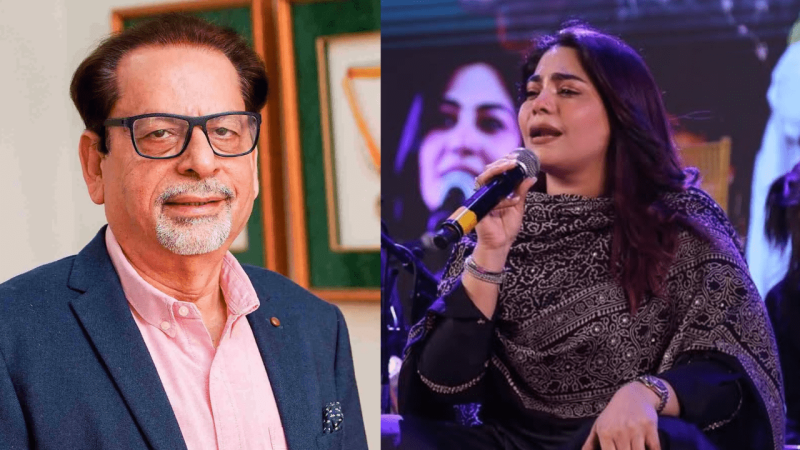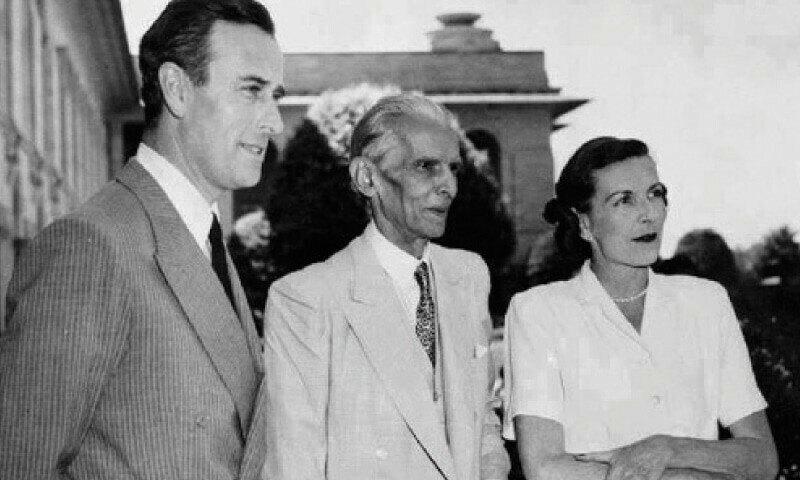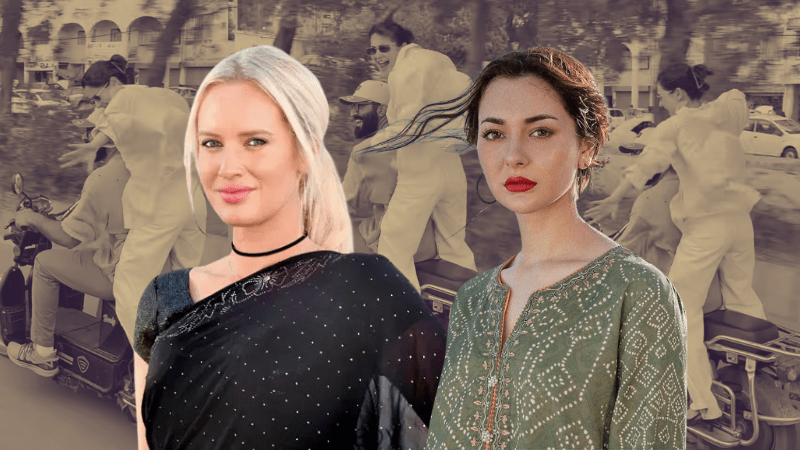"I want to work for the revival of classical music" says sitar prodigy Wajihul Hussain Nizami
Belonging to the 18th generation of sitar players from the Senia gharana, 29-year-old Wajihul Hussain Nizami started playing the sitar at five years of age under his mother’s supervision who supported his interest in music.
Mr Nizami held his first solo performance at the age of 13 years at the National Library Auditorium in 2000 and has been playing at various functions in art galleries and government and private functions.
He is a sitar teacher and also a classical music instructor.
Dawn caught up with Wajih to talk about classical music and how it is faring with the younger generation.
Q: What made you lean towards classical music instead of popular music?
My mother belongs to the Senia gharana and because she is a woman, she was not allowed to perform and make use of her skills. She started teaching me the basics of classical music when I was five and then handed me over to her brother, Farid Nizami, for training as a sitar player. I wanted to work towards the revival of classical music, which I inherited from my family. My grandfather was a qawwal but I inherited my love for the sitar from my mother.
Q: What is the future of classical music in Pakistan?
Classical music is very difficult to perform whereas popular music is easier. Only a good voice and knowing how to copy the maestros is needed to be good in popular music. But in classical singing and playing classical music instruments, one needs to understand all the raags and tunes and practice a lot as well.
Though classical musical instruments including the sitar and tabla were introduced in the subcontinent by Amir Khusro and Muslims, they are more popular in India, where musicians have mixed fusion with classical to make it different. A lot more needs to be done for classical music in Pakistan. There is also a need for proper institutions where senior artists can teach the younger generation.
Q: Who are more interested in playing the sitar, locals or foreigners?
Sitar is more popular with foreigners and many want to learn to play the instrument. Locals are more interested in playing the guitar and other instruments associated with pop music. Classical music is only enjoyed at select events where sitar players are invited to perform. Poets, intellectuals and writers are more interested in classical music and listen to the tunes of the sitar compared to the common man.
Q: Why are there so few sitar players?
Most people don’t adopt sitar playing as a profession because they know it will be difficult to earn money from it. Those who play the sitar do so for themselves and because they enjoy its soft tunes.
Published in Dawn, June 2nd, 2016














Comments